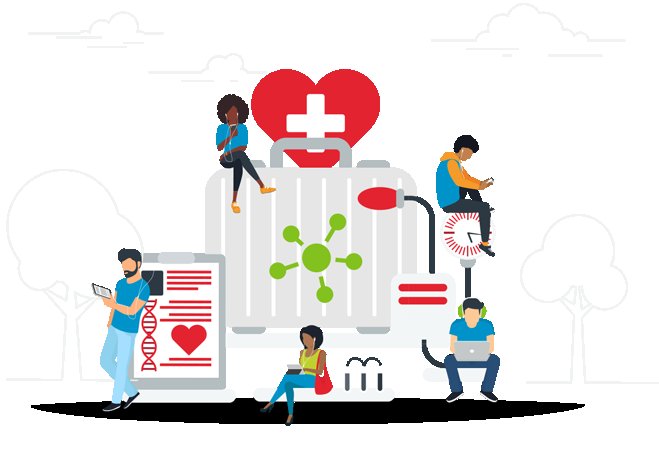Deciphering Healthcare Decision-Making: Influencing Choices for Improved Outcomes

Decisions in the maze-like world of healthcare are frequently complicated, emotional, and unclear. The psychology of healthcare decision-making influences patient outcomes in everything from selecting treatment options to following prescription schedules. Knowing the subtleties of this psychological terrain not only gives healthcare professionals more influence, but it also holds the secret to encouraging greater patient involvement and, in the end, better health results.
The Meeting Point of Reason and Feeling
Healthcare decision-making can seem at first to be a strictly logical process directed by clinical data and professional counsel. The truth is significantly more complex, though, and feelings have a big impact on the decisions people take about their health.
Just a few emotions that can influence decision-making are fear, anxiety, hope, and trust; these emotions frequently cause people to put short-term comfort or relief over long-term health advantages. Furthermore aggravating the decision-making process are cognitive biases like availability heuristic and confirmation bias, which can warp views of risk and benefit.
The Part Health Literacy Plays
Understanding and acting upon health information, or health literacy, is essential to making decisions in healthcare. Poor health outcomes and less than ideal decision-making might result from people's inability to understand medical language, assess treatment alternatives, and negotiate the complexity of the healthcare system.

It is consequently critical that healthcare professionals and patients communicate effectively, using simple language and customized information that considers the literacy levels, cultural backgrounds, and preferences of the patients. Promoting autonomy and encouraging a team approach to care need giving people the information and abilities to make wise decisions about their health.
The Behavioral Economics of Nudging
Using behavioral economics principles, healthcare professionals can use nudges—light suggestions or interventions—to help patients make better decisions. Nudges can help overcome cognitive biases and increase adherence to treatment plans and preventive measures whether they are used to create choice architecture in healthcare settings or to frame information in a way that encourages desired behaviors.
Requirements for organ donation or prescription refills, for instance, might be greatly increased by default, and societal norms that highlight the frequency of particular health behaviors can encourage people to follow suit. Healthcare professionals can create therapies that complement patients' beliefs and priorities and, in the end, improve health outcomes by knowing the psychological forces underlying decision-making.
Assembled Decisions
A paradigm change in recent years has been towards shared decision-making, which is working together between patients and healthcare professionals to make treatment decisions based on the best available evidence as well as the preferences and values of the patients. In the healthcare relationship, trust, communication, and accountability are fostered while this patient-centered approach respects the knowledge and autonomy of the patient.
Together with improving patient satisfaction and treatment adherence, shared decision-making improves health outcomes and more effectively allocates resources. Involving patients as active participants in their care allows medical professionals to guarantee that treatment choices are in line with the objectives and preferences of the patients, therefore increasing the possibility of positive results.
CONCLUSION
Better results in the complex web of healthcare decision-making depend on one's grasp of the interactions between health literacy, behavioral economics, shared decision-making, and reason and emotion. Through recognition of the many elements influencing patients' decisions and application of evidence-based techniques to direct decision-making, healthcare professionals can enable patients to take charge of their health journey, which will enhance their quality of life and well-being. Ultimately, we can negotiate the challenges of healthcare decision-making and open the door to a healthier future by encouraging a cooperative and patient-centered approach to care.
What's Your Reaction?


















